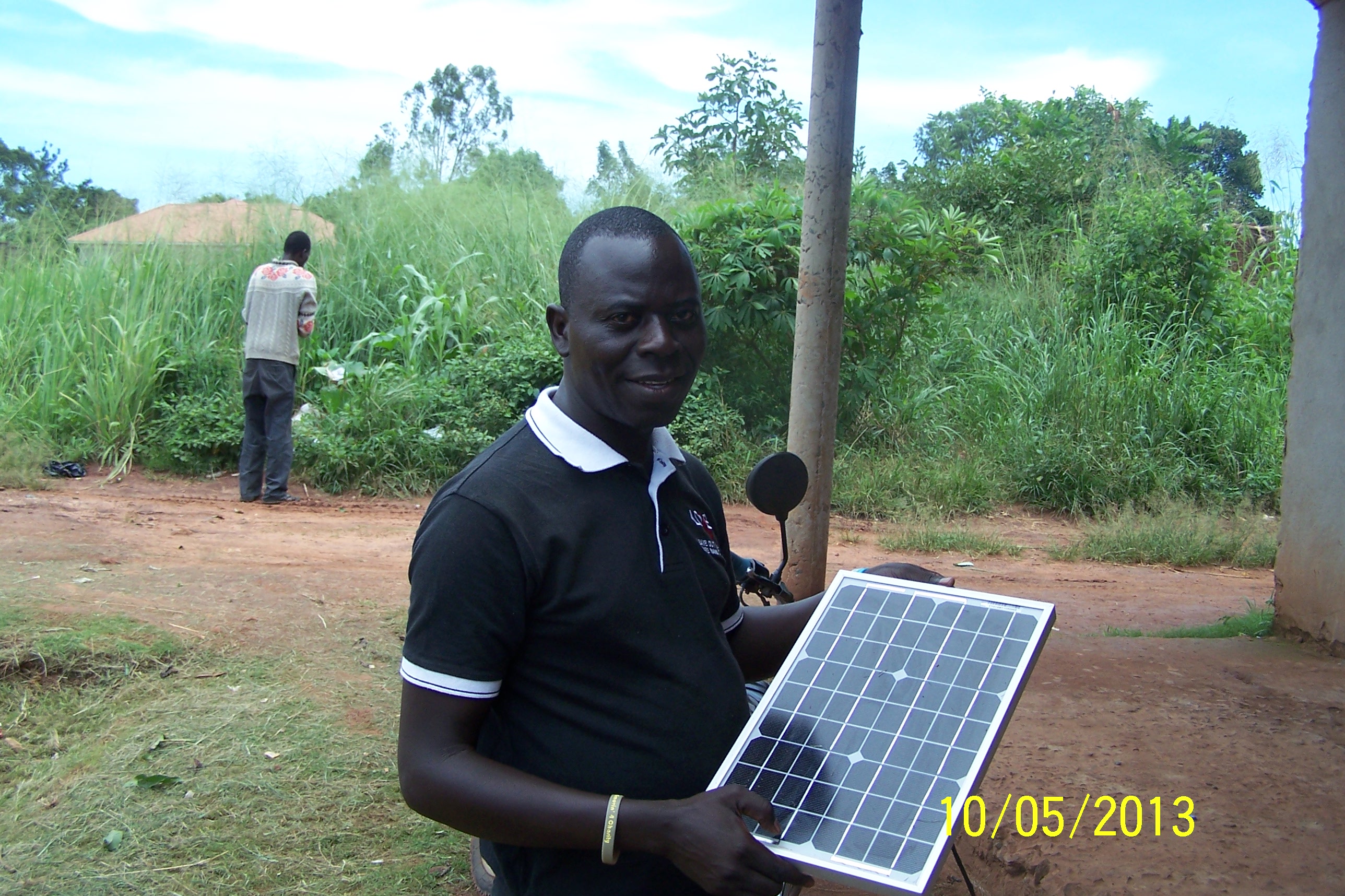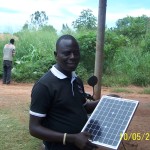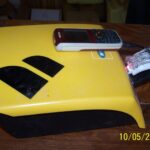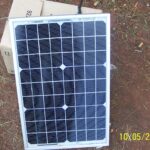Browse photos and learn more below, including how you can expand the network with us!
Why A Solar Communication Project?
When a dictator and his regime begin to realize people are organizing themselves to create a better society, they make things difficult and cut off the electricity supply.
UMEME is the electricity provider for Uganda, and despite having the financial resources and energy to keep the power on all the time, UMEME has become notorious in recent years for loadshedding power, deliberately blacking out even the most thriving urban areas, sometimes for days at a time.
When I was working under Vicar Ongeng in Lira with the Church of Uganda in 2011, Vicar Ongeng began a Sunday morning sermon by asking UMEME to post a public schedule at their offices, listing the times the power would be turned off. This would allow businesses to know how much fuel to purchase for their backup generators. It would allow people to know which hours they could make copies, print documents, or visit an internet cafe. It would allow families to know when they could grind their groundnuts. Everything from business to communication to cooking becomes difficult without power in an urban area.
A few days later, after realizing their was no follow-through to Vicar Ongeng’s request, I visited the UMEME offices to verbalize the community’s request once again. The man in the office was from Western Uganda, which was strategic on behalf of UMEME because he did not speak Lango. He was a champion at dodging all of my questions. He even told me where I could find a list of the times the power would be turned on. Later I discovered this was a lie he used to send me happily on my way.
Humans are resilient, though. Many have developed ways to cope with such difficult infrastructures by limiting their dependence on the system. Of course, this requires some capital. Fortunately for Solidarity Uganda, this capital was provided by The Pollination Project in the form of a $1000 grant awarded to S.U. Co-Founder Suzan Wilmot.
What is the grant money used for?
The grant will be used to purchase mobile phones for the organization’s most active volunteers in rural areas that never had UMEME’s electricity to begin with, and solar panels will also be purchased to charge the phones. Who needs UMEME when we have the sun?
The solar panels will also be utilized by members in communities affected by land grabs and unannounced mass evictions. Our offices will charge a small fee for those with cell phones to keep their lines charged. This will generate a small profit to help keep our office supplies well-stocked, but more importantly, it will allow us to be notified of any land grabbing or evictions in real time, enabling us to respond to crises hastily and inform our media partners at leading national news outlets.
How can I help expand the communication network?
You may have several items we can use laying around your house. Used-but-working items also accepted. Please include chargers when possible. The following items can be mailed to 1937 Smith Station Rd, Hanover, PA 17331 USA:
- mobile phones
- laptops
- projectors
- rechargeable batteries
- audio recording devices
- lapel microphones
- small solar panels
- cameras (photo and/or video)
- hidden cameras (any type – we do risky work and want to manage all threats our community faces)






